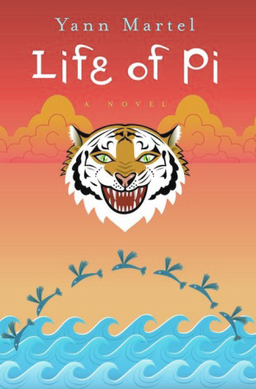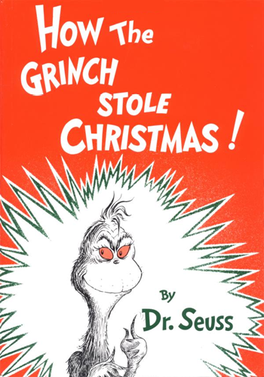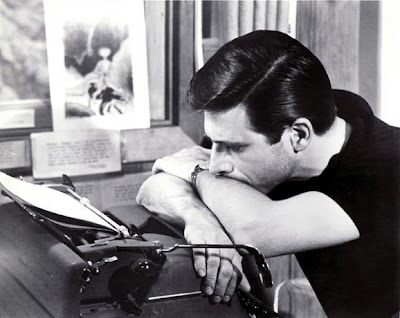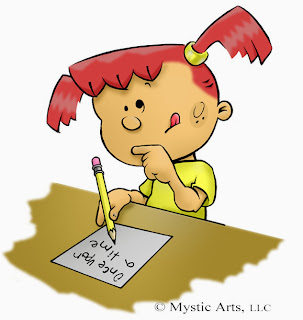10. More smells. I've always thought that smell was the most under-utilized of the senses, which is a shame because it's been proven to trigger memory the best.
9. Animals. Real animals. Wild animals. Not mythical creatures, or hybrids, or any of that. I'm not even craving a good girl/pet horse story, but something more primitive and raw. If nothing else, the covers could be gorgeous as a lot of pop art has gone to realistic animal pieces.
8. Similes that make me laugh.
7. Fascinating interiority. Not the simplistic happy/sad/frustrated, etc., but the really odd and nakedly revealing free associations man makes when looking around. I can watch carefully and see most of what you "show" me, but I'm always looking around wondering what's going on inside when someone has a glazed-over look. Books are the only way to poke around there.
6. Diversity. But not diversity for diversity's sake, or anything too culturally charged. I want my students reading books where they find other races, religions, sexual-orientations, perceived disabilities, etc. as their equals/the norm, and not some oddity to put in the box of "other."
5. Wide open spaces.
4. Layered phrasing. I love subtle uses of puns, even heavily-overused terms like "darkness," "weight," etc. if they are used in a fresh way.
 3. Crisp quick details so specific that I know the brand of chocolate bar the character prefers. I especially like food details. Love knowing the very specific dietary habits of the characters I read about. Is that strange? Maybe. But you can learn a lot about a character by what he eats. I once heard a journalist say that all she needed to do was to look in someone's fridge to know who they were. I think it's true.
3. Crisp quick details so specific that I know the brand of chocolate bar the character prefers. I especially like food details. Love knowing the very specific dietary habits of the characters I read about. Is that strange? Maybe. But you can learn a lot about a character by what he eats. I once heard a journalist say that all she needed to do was to look in someone's fridge to know who they were. I think it's true.
2. The best piece of life-wisdom the author has gleaned in his/her 20-30-40-50-60-whatever years on this planet thrown haphazardly into the work. Perhaps even by the most foolish character. Maybe as a joke. Shakespeare was great at this technique.
1. More writers slowing down and enjoying the ride. When I went to hear Yann Martel speak at The LA Times Festival of Books (btw if you haven't ever gone, you should go) he said that the happiest time of his life was the period when he was poor and struggling and writing Life of Pi. I've heard several established authors talk about the soul-killing work of peddling your published books. If you aren't published yet, it can be a lucky thing to have a room of your own and time to think about words, their sounds, their meanings, and creating worlds with only the rattle of keystrokes as your guide.
Love you all. Thanks for reading in 2013!
XOXO
--Lauren












_cover.jpg)
















.JPG)








